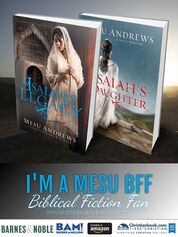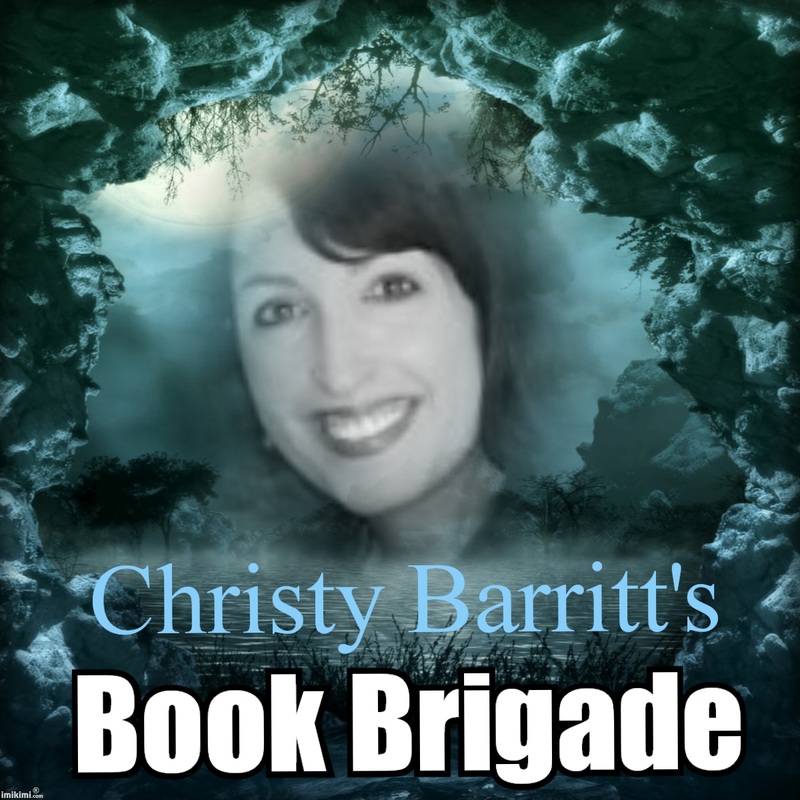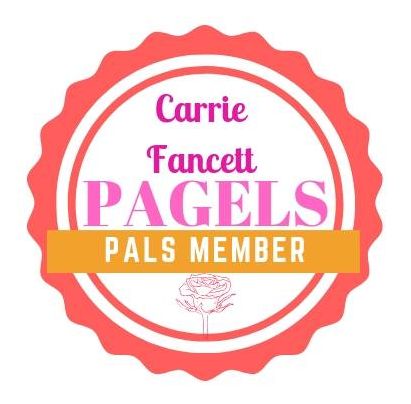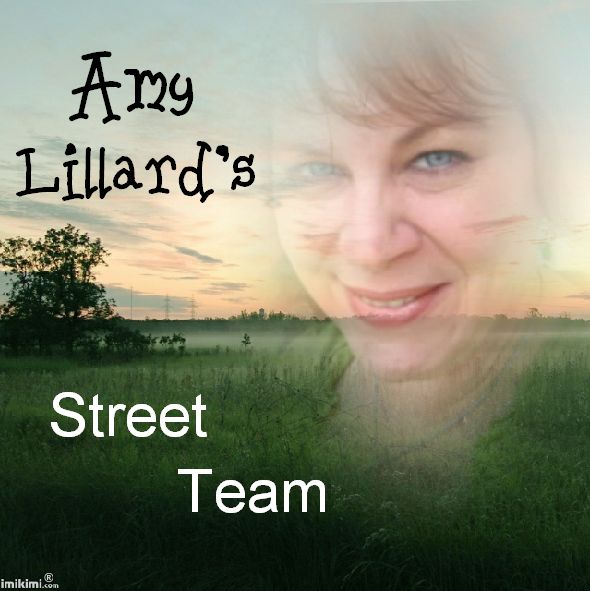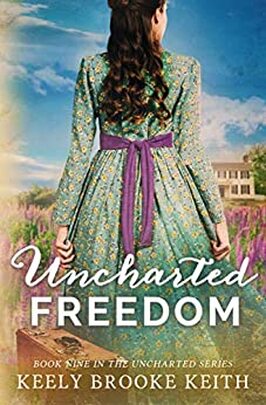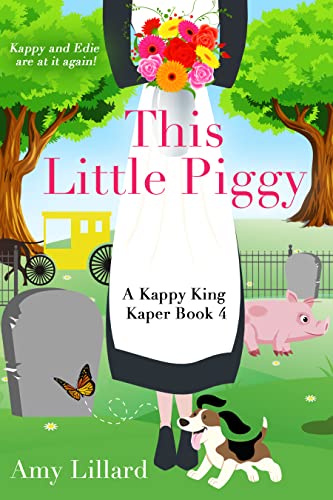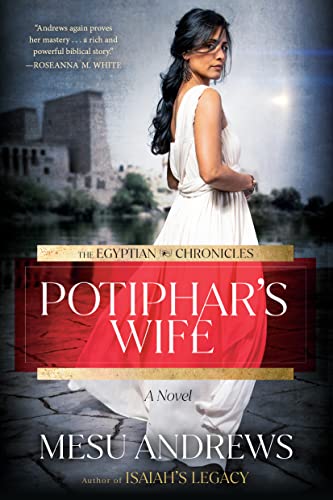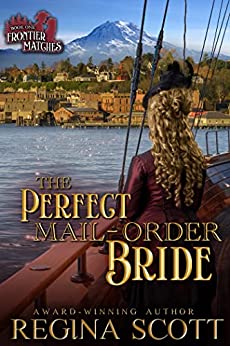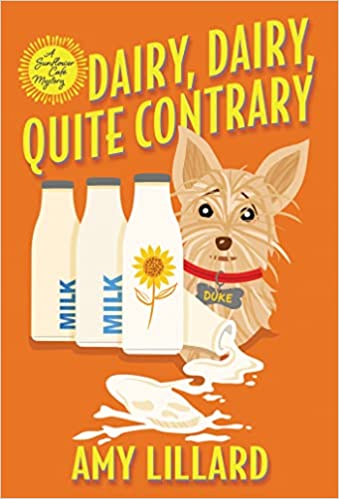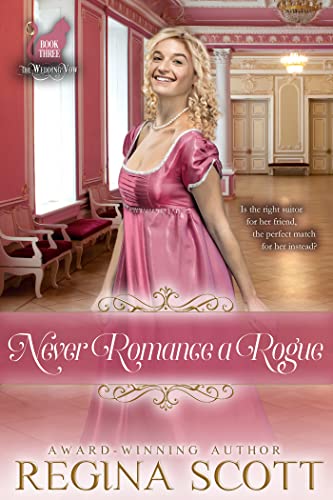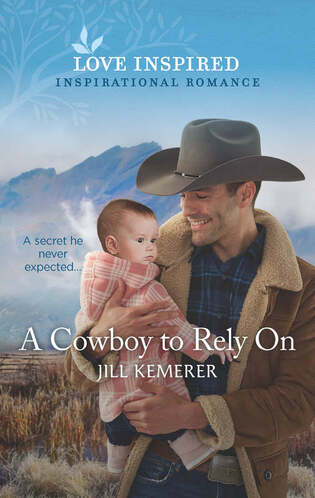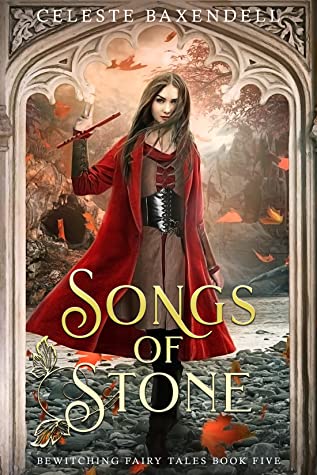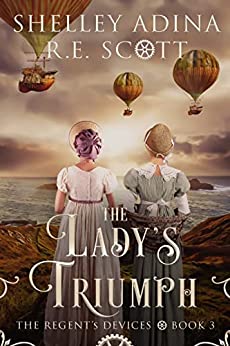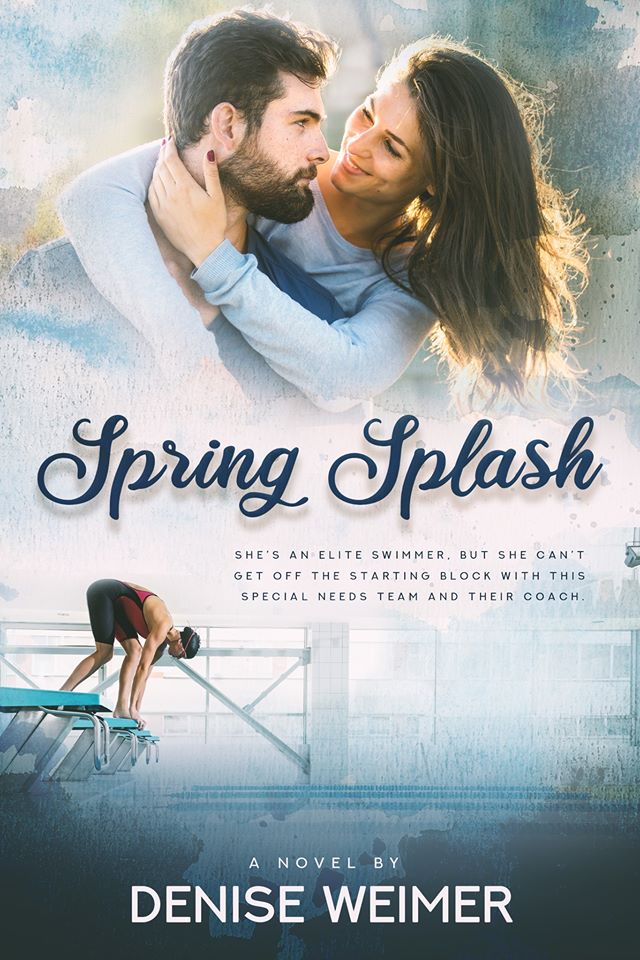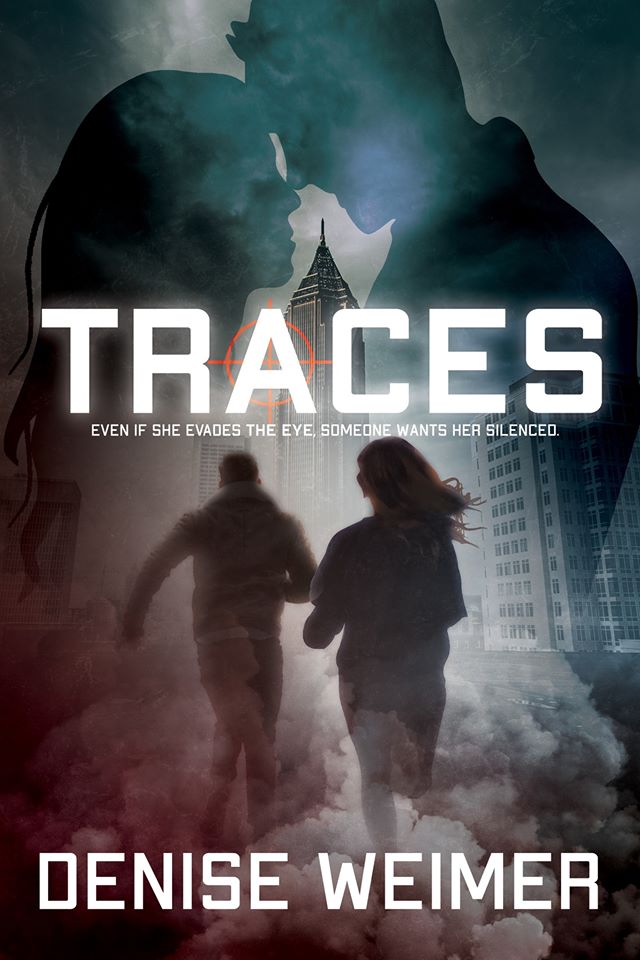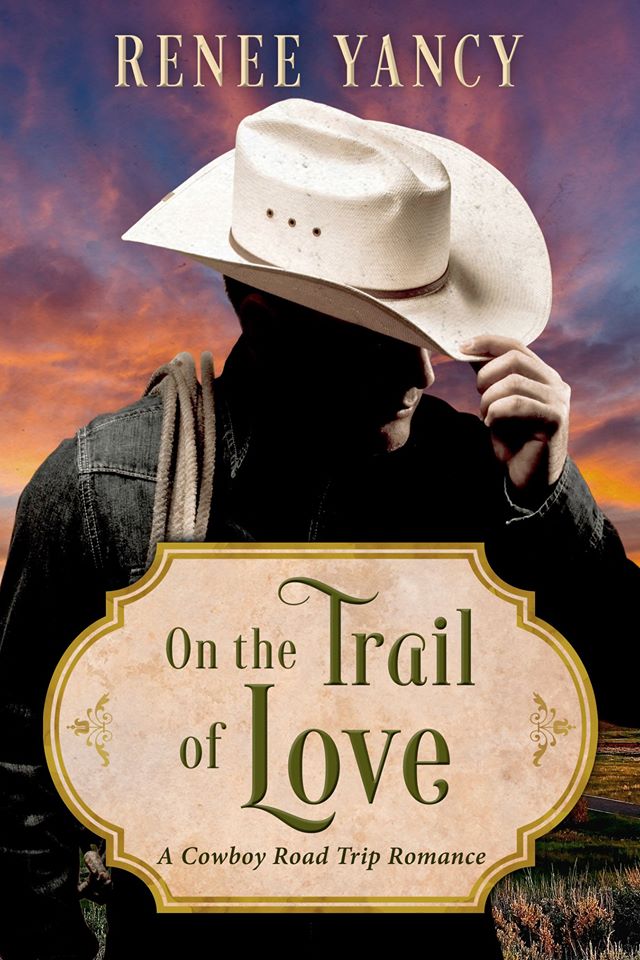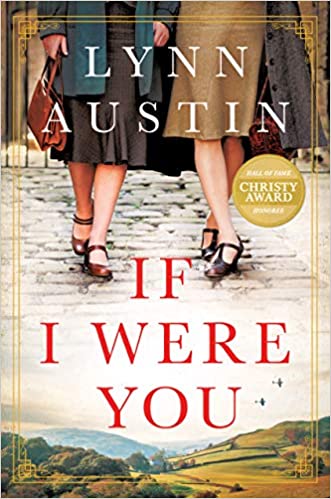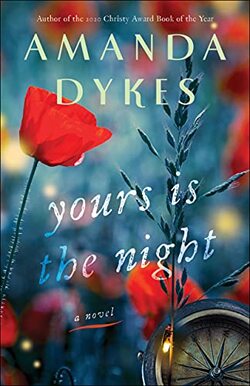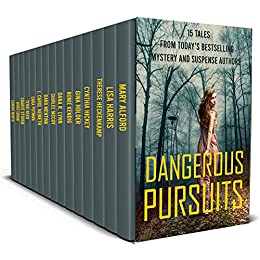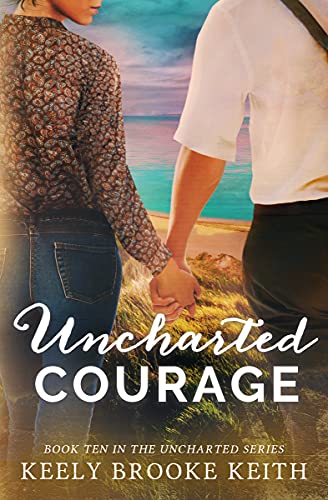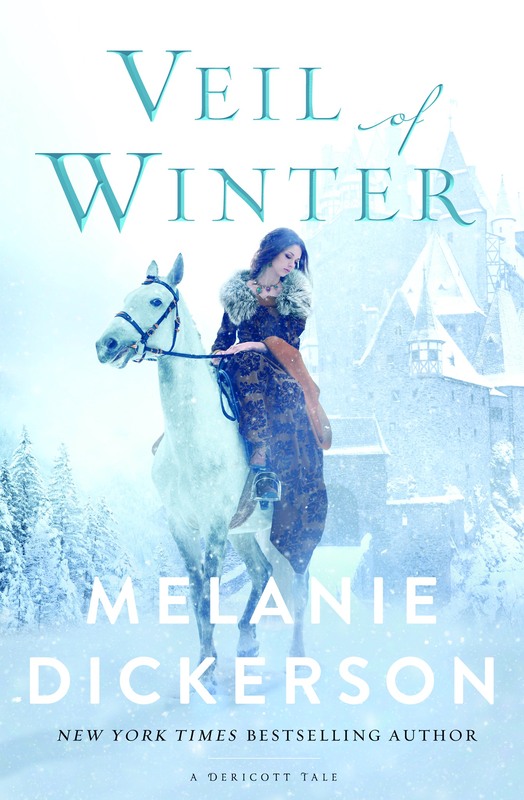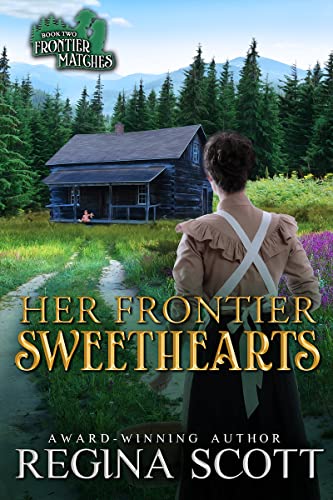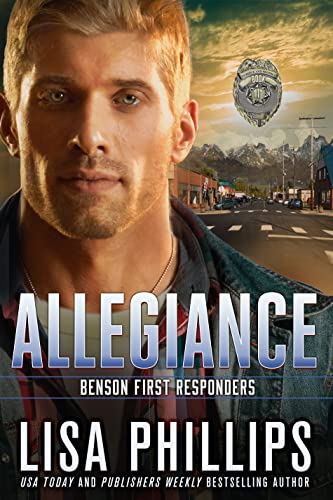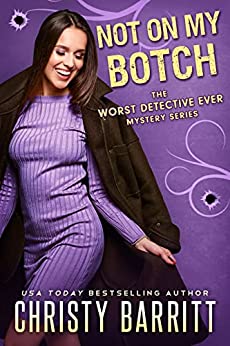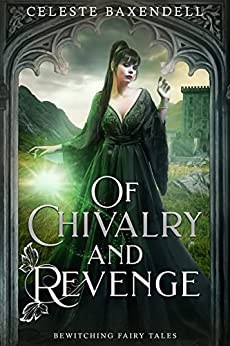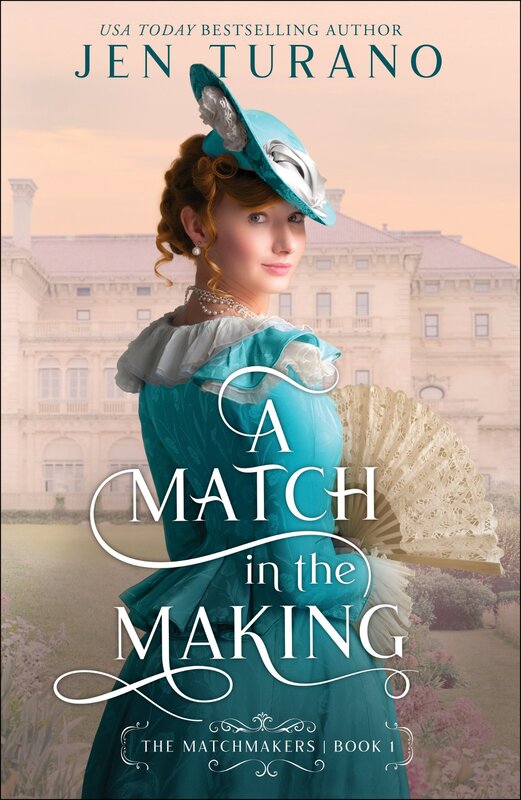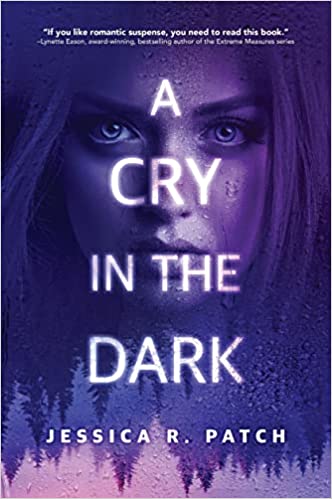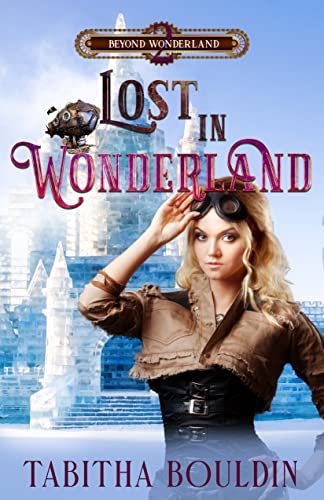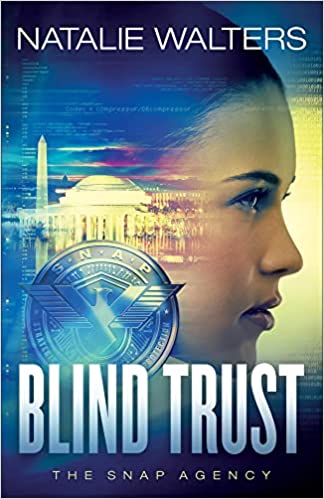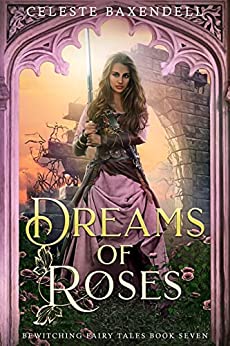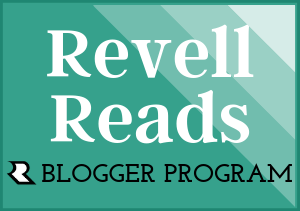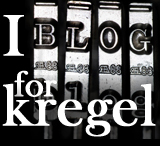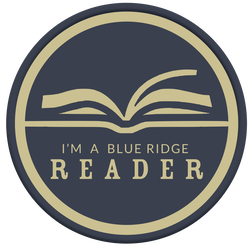Stop #4
Excerpt from Celtic Wanderings
Celtic wanderings did not consist of random stumbling along dark paths. The pilgrimages the Celtic Christians took might at first glance appear to be nothing more than random jaunts without clear purpose. Peregrinatio is the Latin term for a wanderer for Christ and is often used to describe these ancient Celtic Christians who set sail on rudderless boats or searched for hermitages in the wild. They weren’t physically headed for a destination such those who took pilgrimages to the Christians sites of the day such as Rome, Italy, or Tours, France. Spiritually-speaking they were in fact looking for something in particular. The Promised Land, the place of our resurrection as Christians. I invite you to join me on this spiritual quest within the pages of this book.
Many people make devotionals a part of their morning quiet time routine. While you may use these devotions anytime, consider changing things up by reading them in the evening or reading them in the evening or at bedtime instead. The Celtic people saw nighttime as a beginning rather than an ending as we tend to.
The Celts celebrated their festivals after sunset when for them, a new day was beginning. An example of this is Halloween, or All Saints Eve, generally believed to have originated in Ireland and was observed during the dark half of the day. I have found evening devotionals to be calming and renewing after a busy a day. You might as well.”
Evening Three
Imagine for a moment just how dark night would be without electricity or any power source. If you lived in the Middle Ages in the Celtic regions of Ireland, Scotland, Wales, or parts of Britain, you likely lived in a sparsely populated area. If your fire went out, chances were there was not another to draw from nearby. Outside your door lay a wild place where wolves roamed. A traveler without a torch faced the danger of falling into a bog even if he or she were successful in escaping predators. Now imagine the Celtic Christian trying to navigate his or her faith in the same vein, except swap the need of a torch for a lack of scripture. While it’s true God can be seen in and his ways taught through nature and beside other believers (a centrally held belief of Celtic Christians), scripture was essential. Without it one would be in danger of falling prey to sin or straying far from God. The psalmist is referring to following God’s laws and used this illustration because back then being without a lamp in the dark could be quite treacherous.
The ancient Celtic Christians lived by the Psalms. In the earliest days of St. Patrick and for a hundred or so years after, there were not many copies of the rest of the Bible. The Psalms were memorized and chanted in a song-like rhythm similar to what scholars believe was the psalmist’s original intention.
Psalm 119 contains multiple reminders of spiritually traveling by way of God’s laws. I can picture the ancient monk or nun on a journey or imagine them simply moving from chore to chore while reciting this verse over and over, allowing the words to light the path.
Then read Psalm 119 in its entirety. How has this influenced the way you think of scripture?
Dear Father, allow your words and your laws to light the depths of my heart. Help me to remember to meditate
on these words as the day comes to a close. Amen.
This material is protected by copyright.
| Known for the inspirational Celtic theme employed in most of her books, Cindy Thomson is the author of both novels and non-fiction books. She is co-founder of the Faith & Fellowship Book Festival vice president of the Mordecai Brown Legacy Foundation, and frequent Thurber House teacher. She owns the team site Novel PASTimes, a blog for readers of historical fiction. A genealogy enthusiast and traveler to Ireland, she writes from her home in Central Ohio. Visit her online at www.CindysWriting.com |
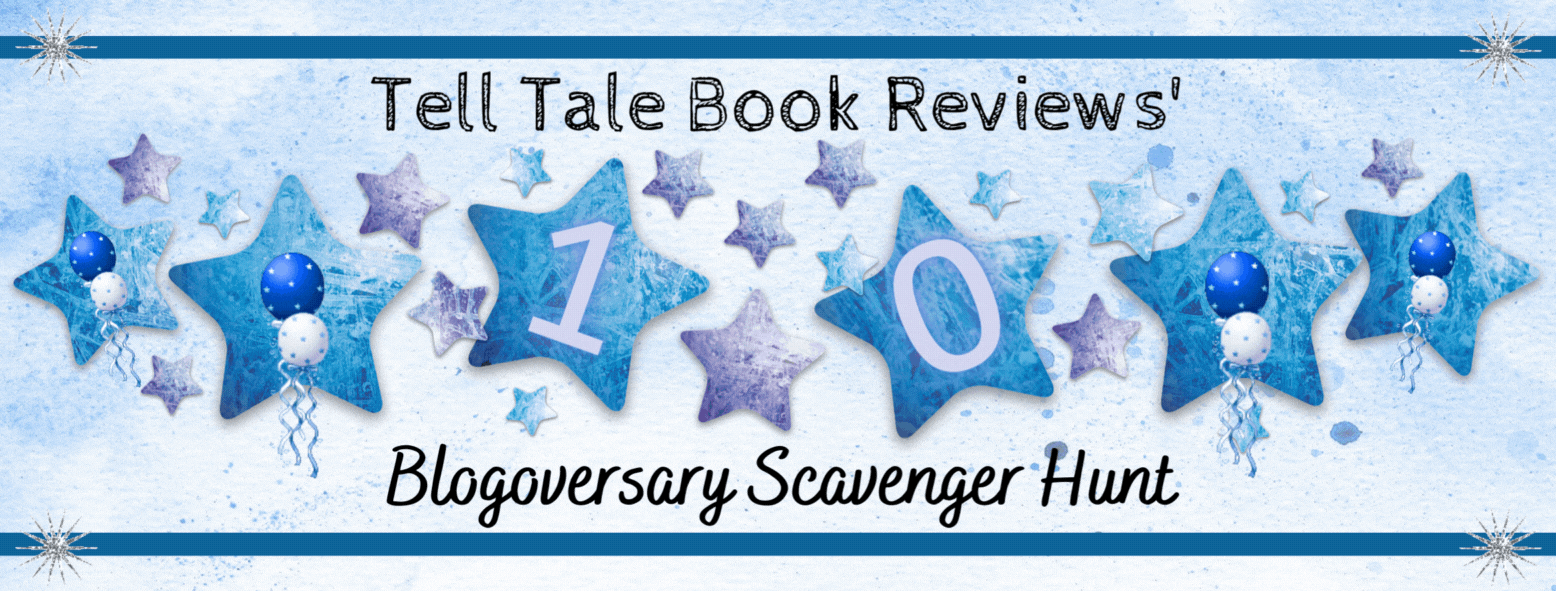
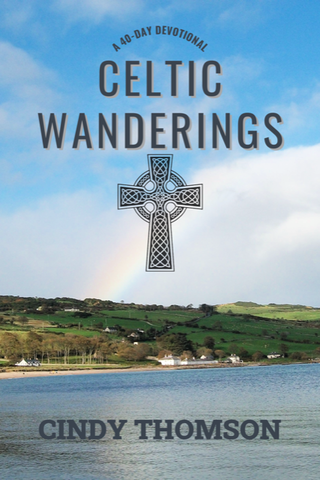





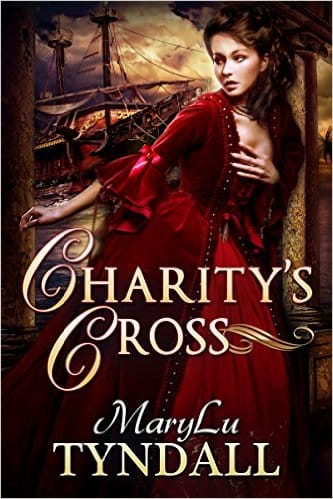
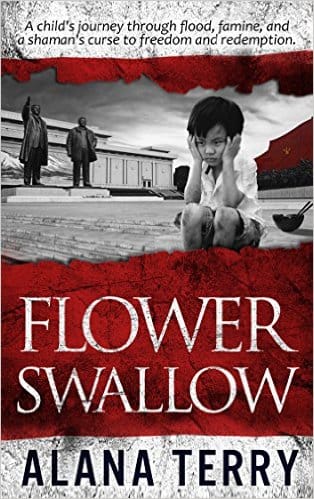
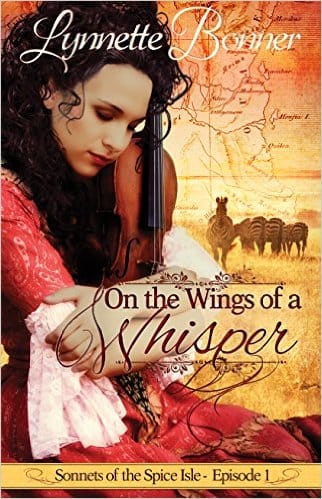
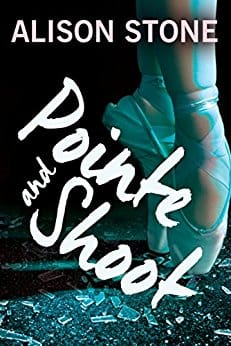
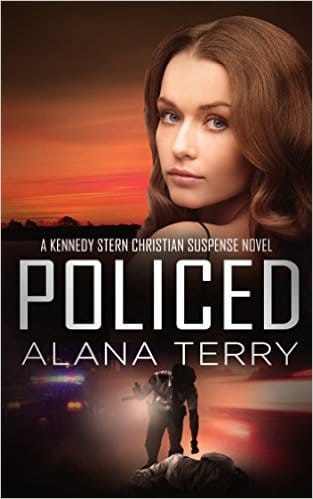
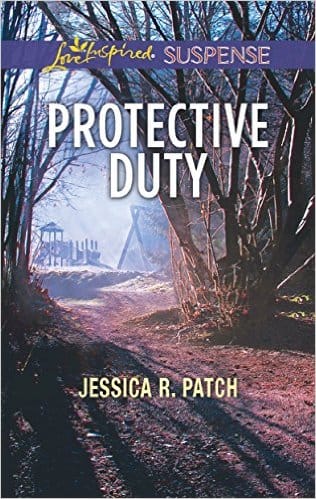
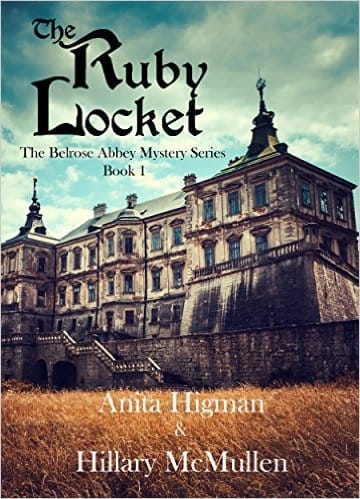
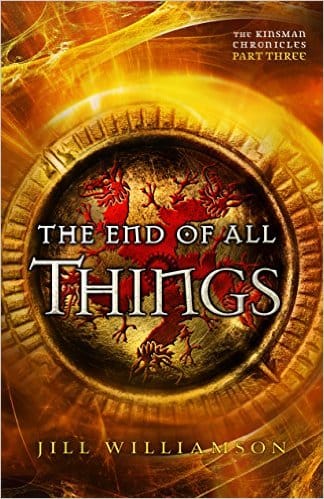
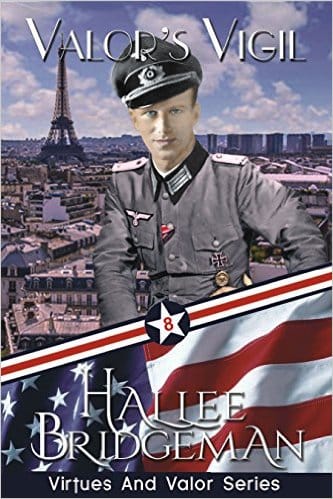
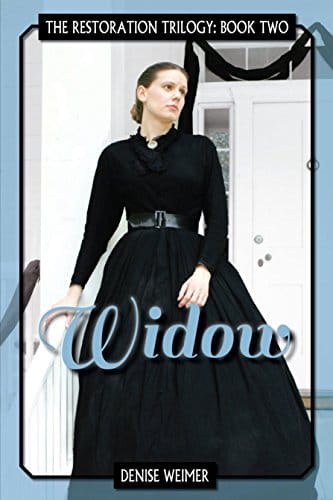
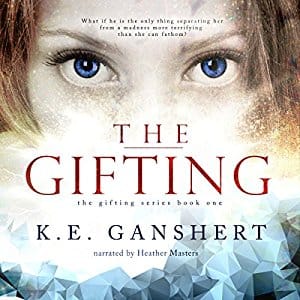
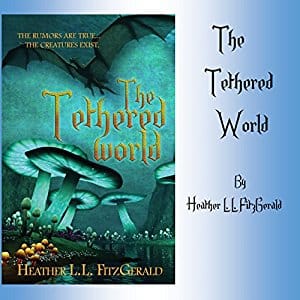

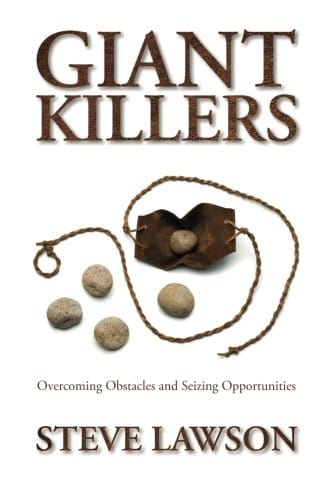

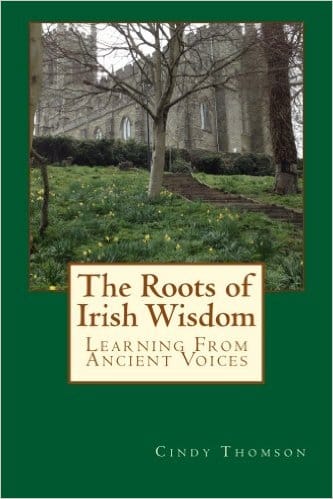

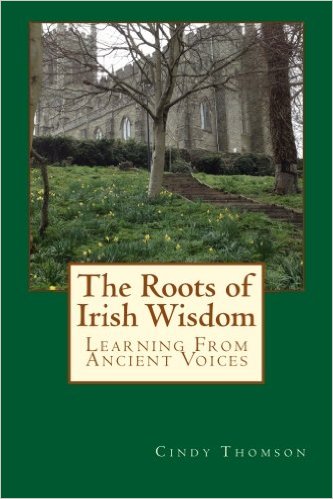






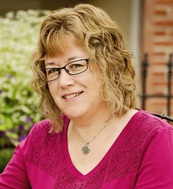

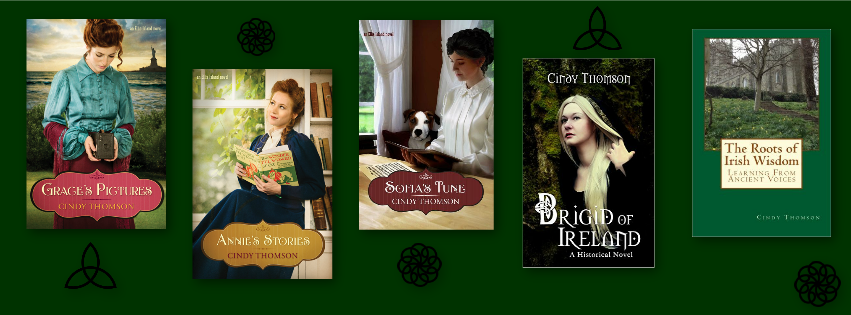

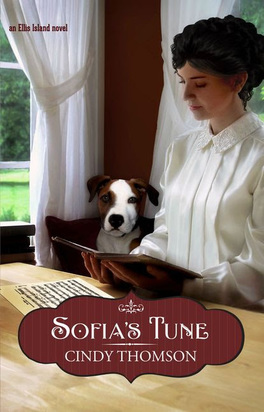







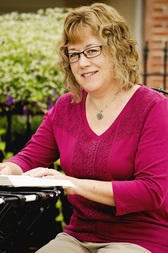


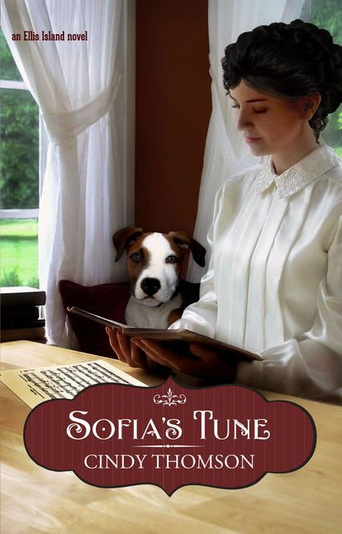

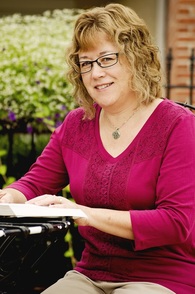

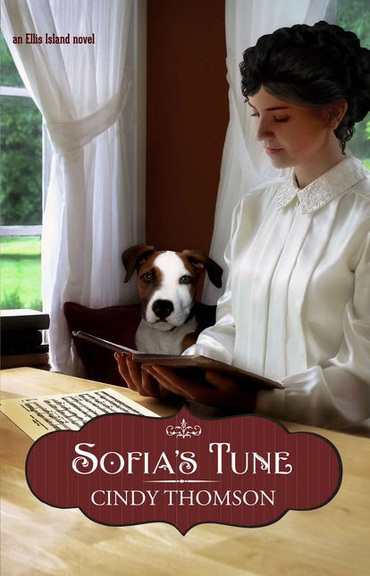


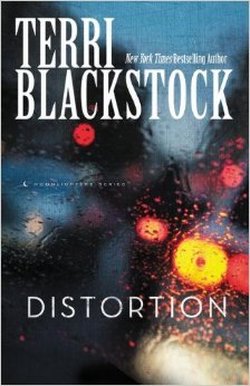
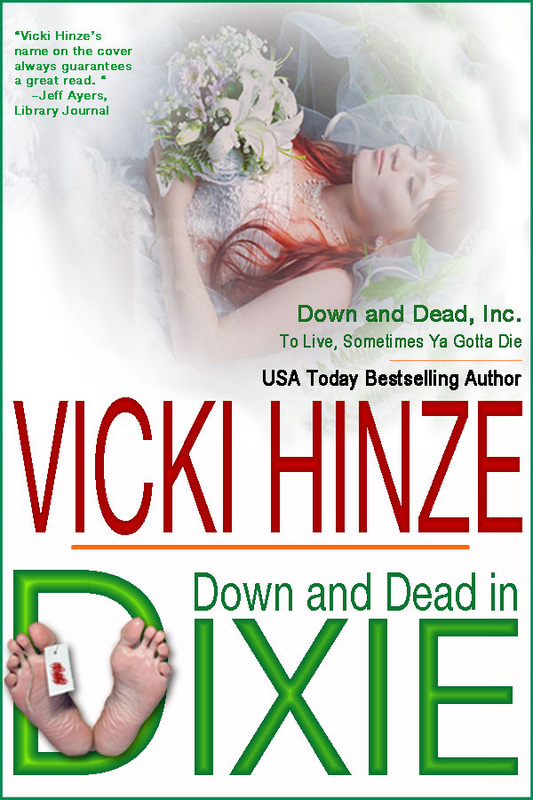
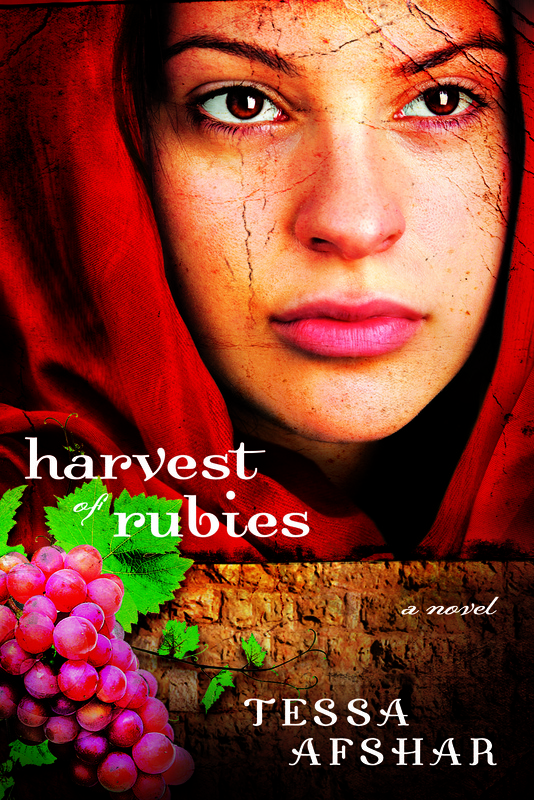
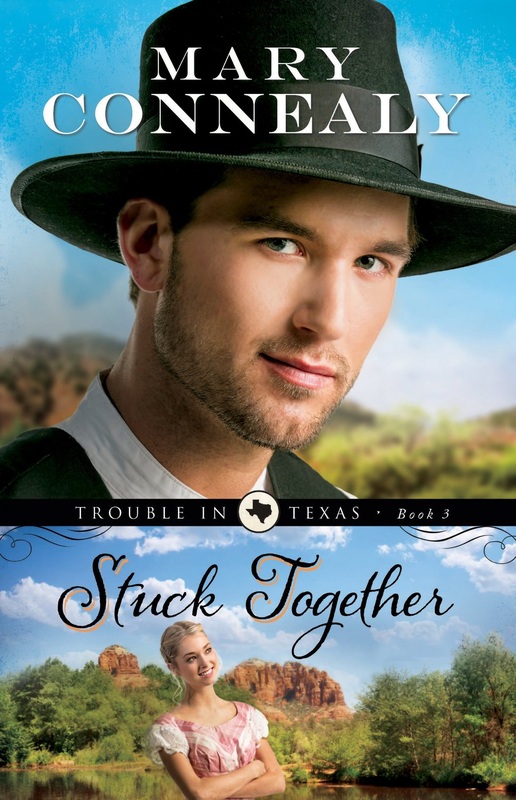
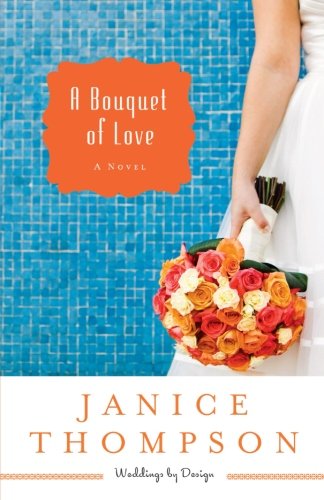
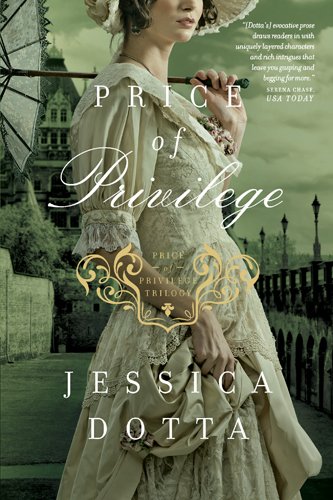
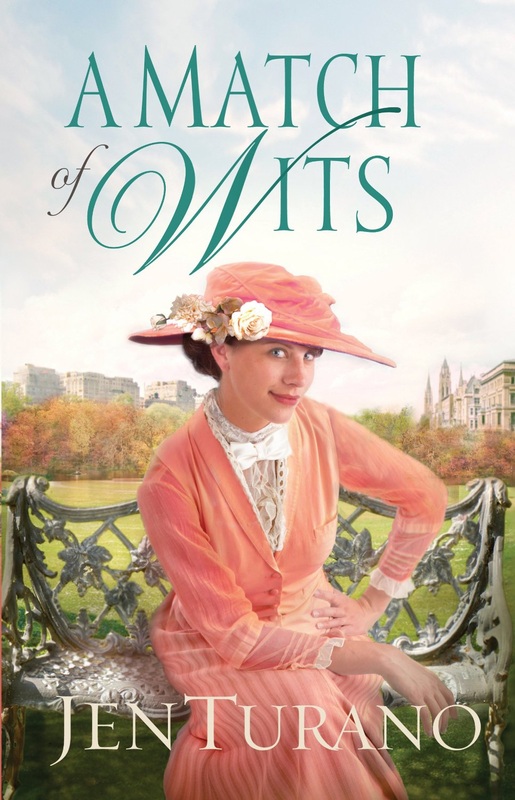
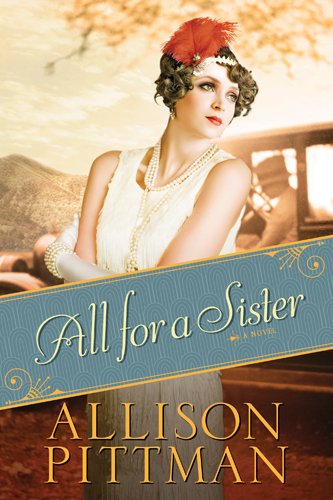
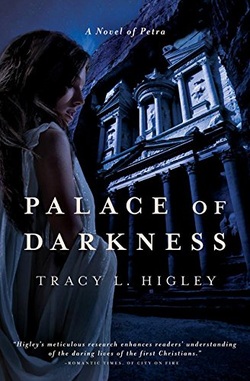
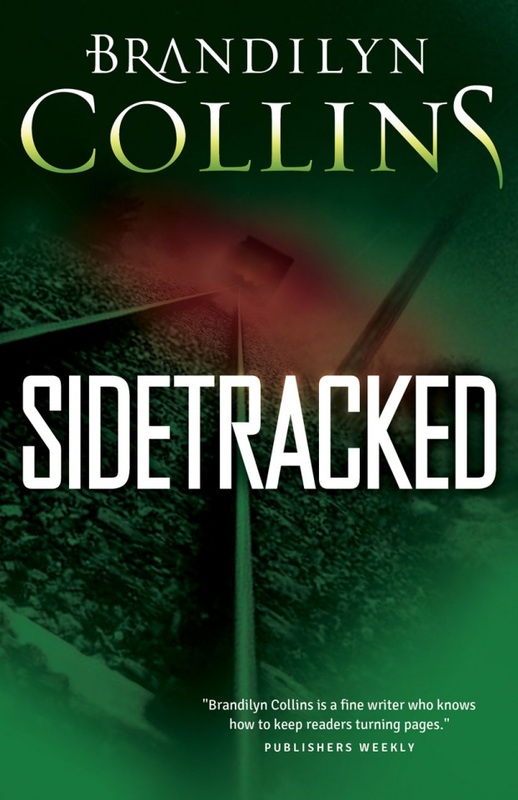
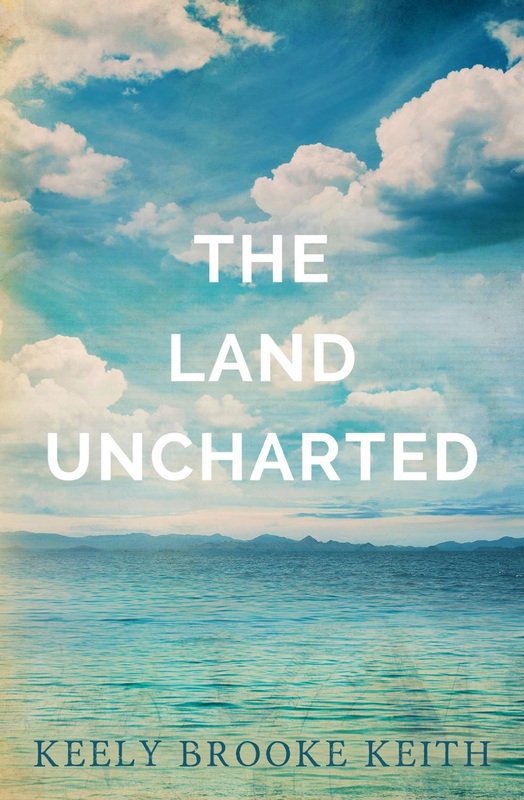

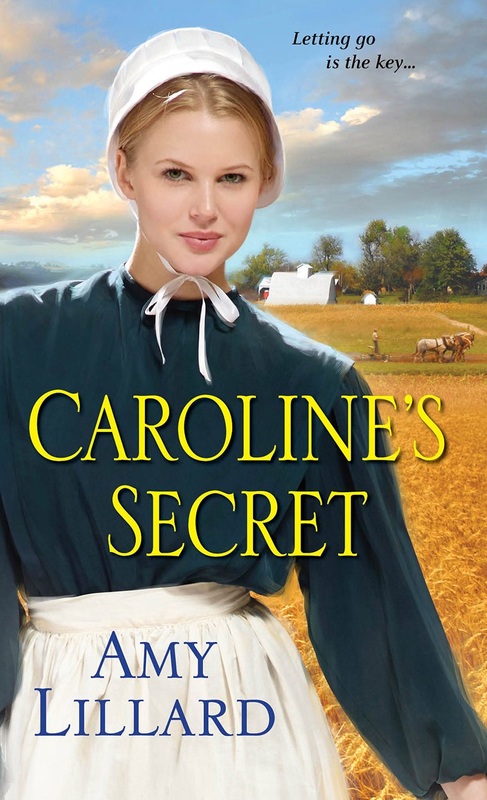
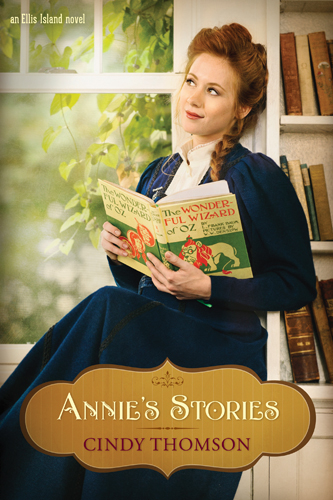
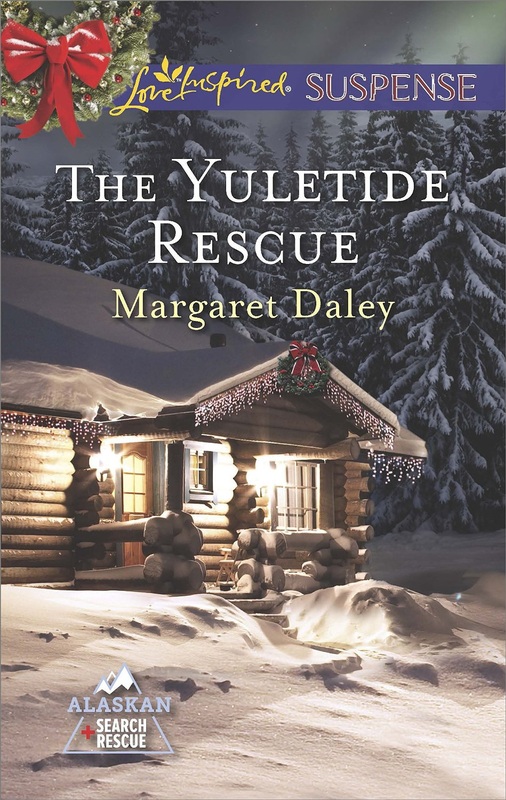
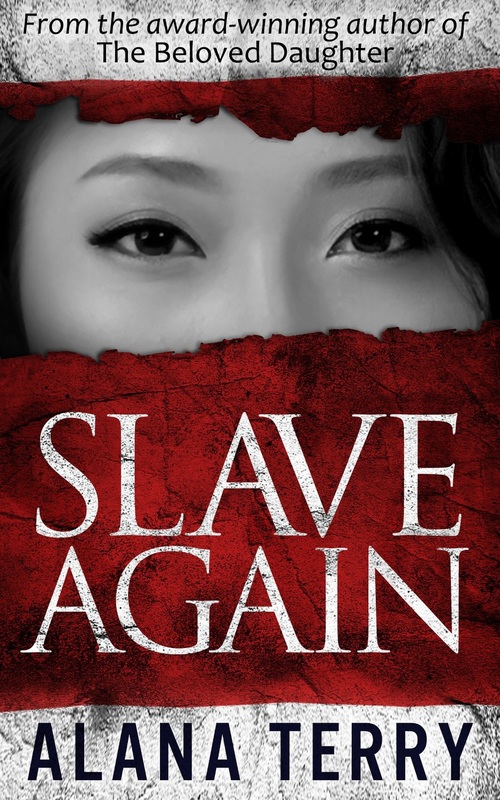
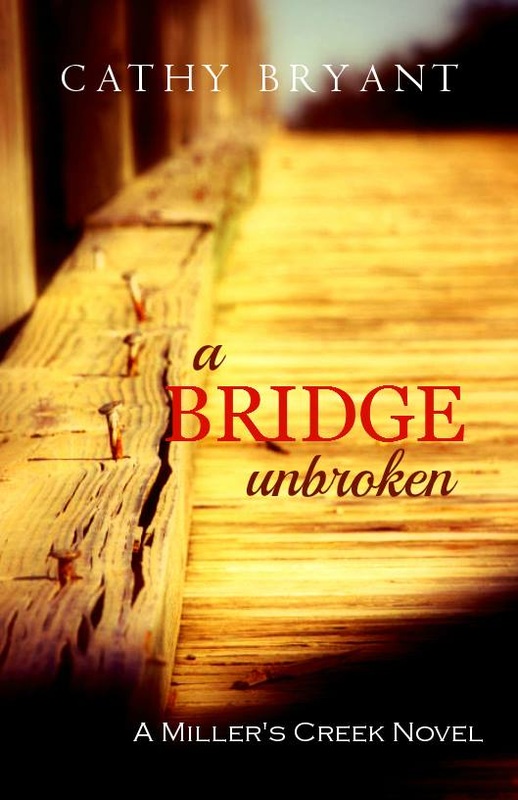
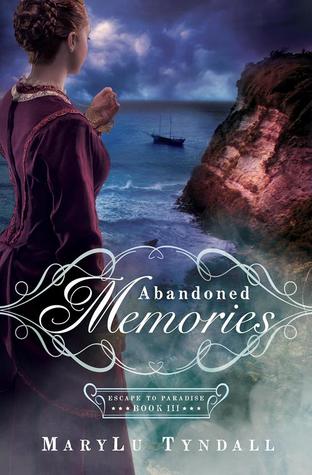
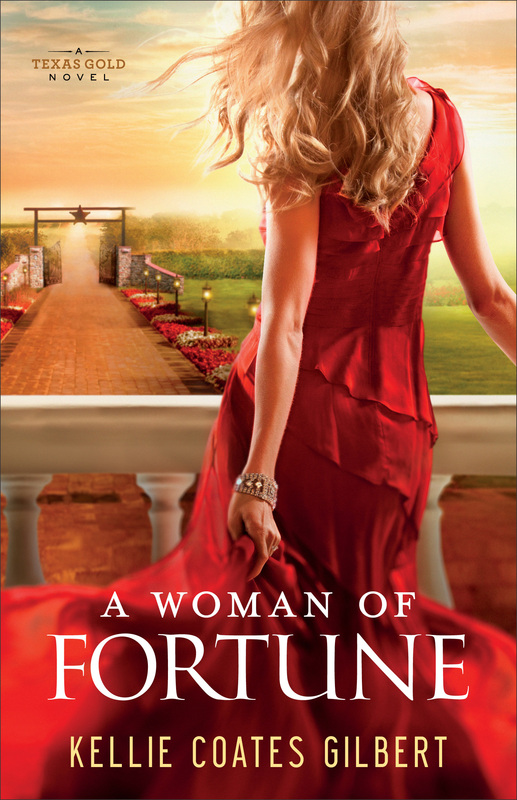

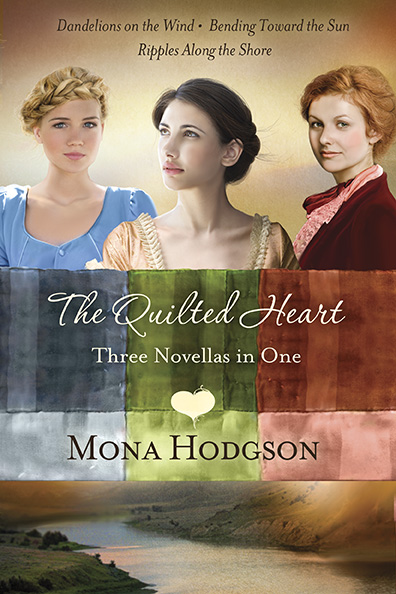
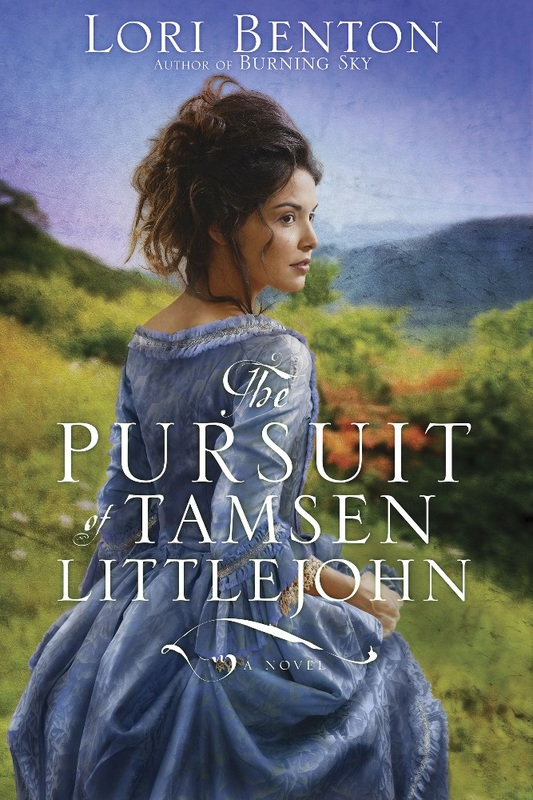
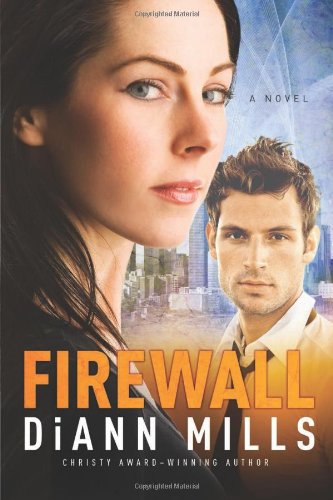
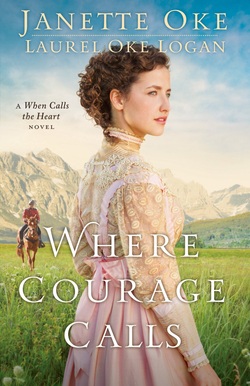
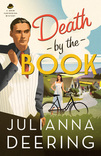
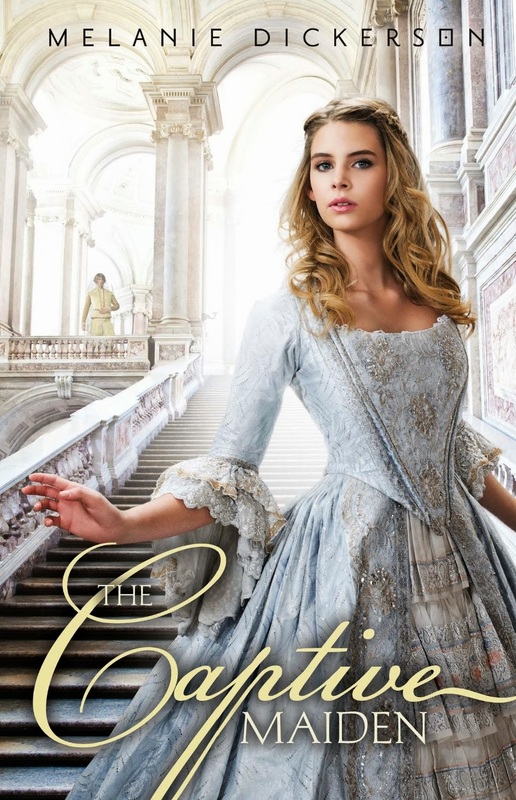
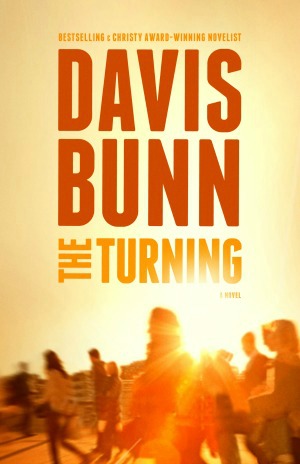
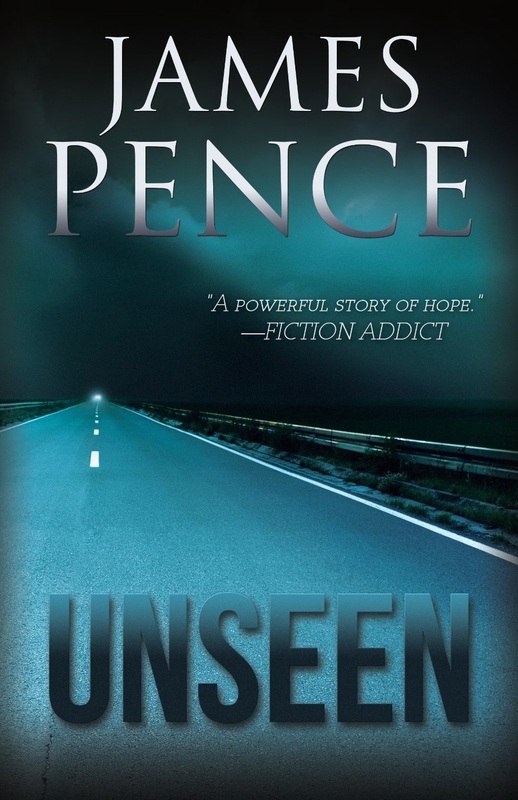
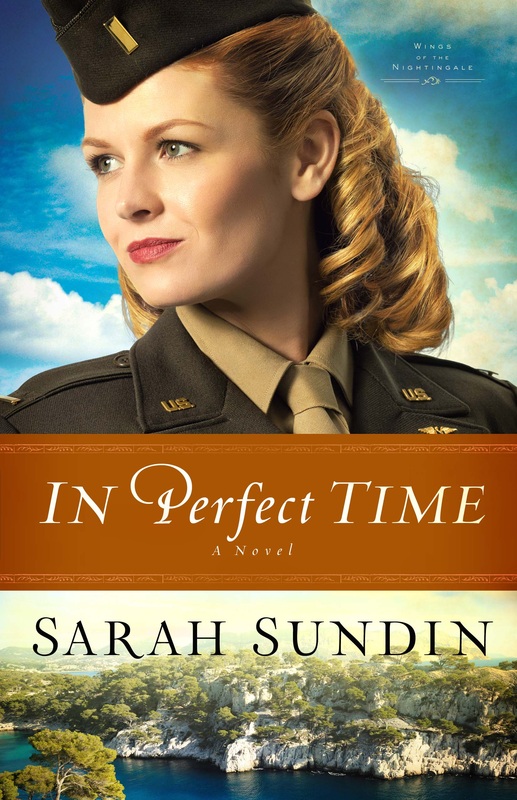




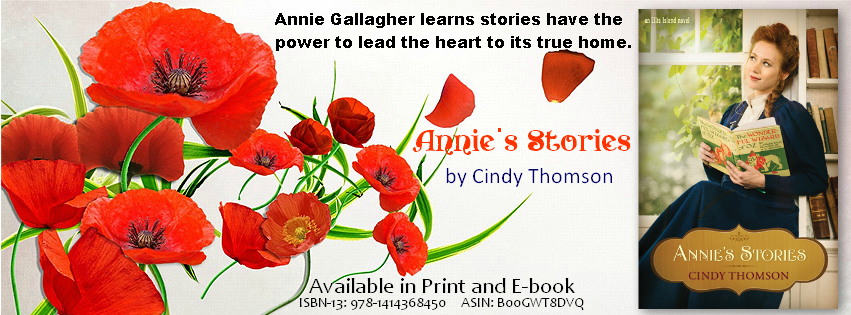
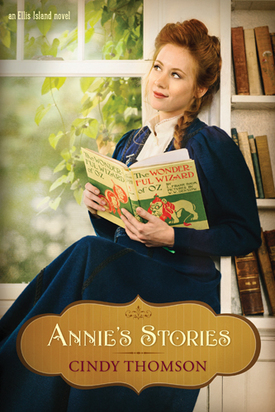


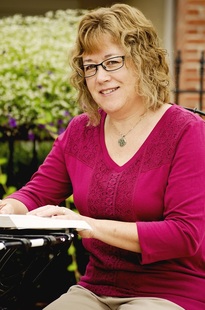
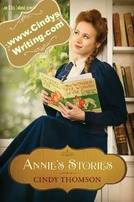

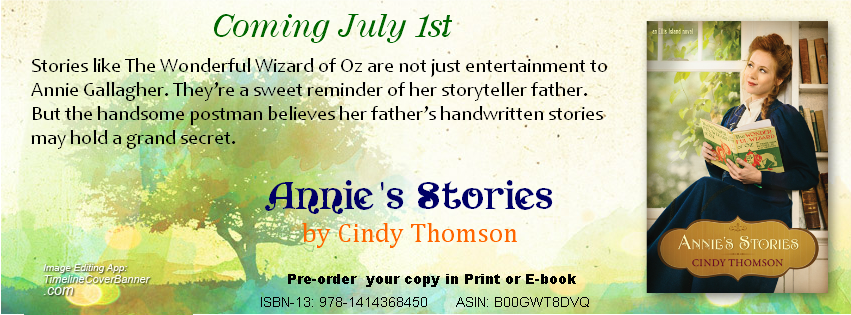




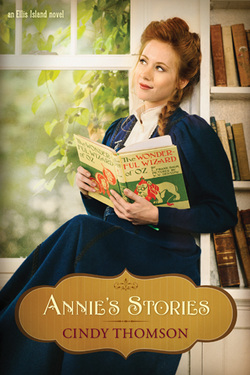

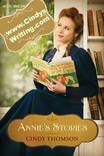
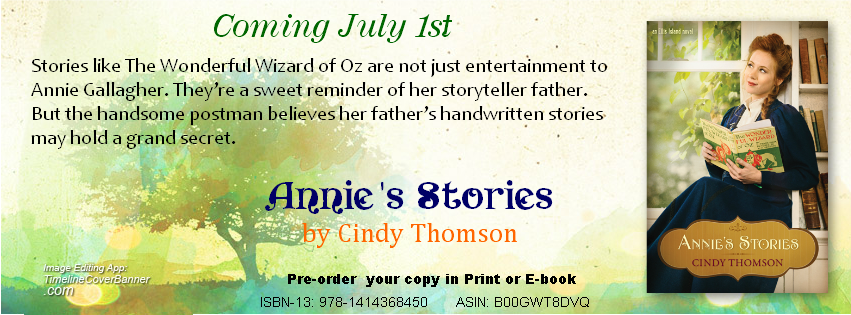
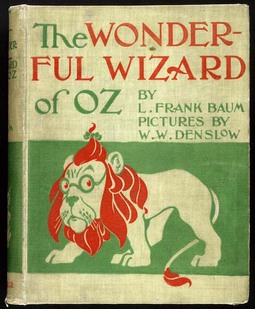
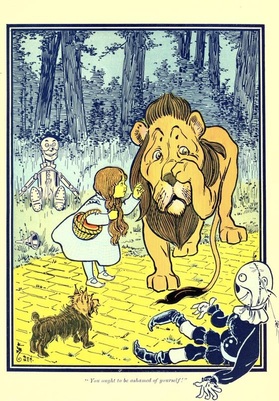

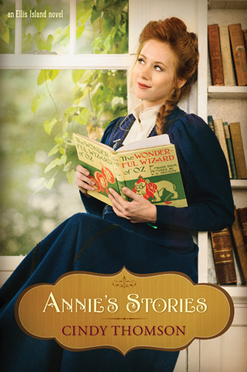



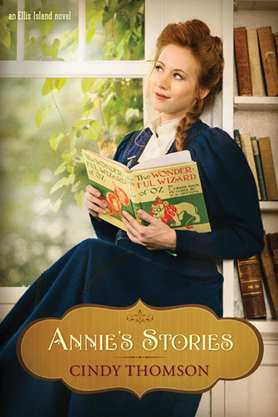






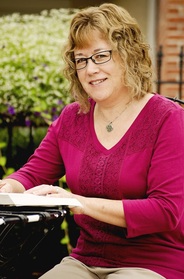

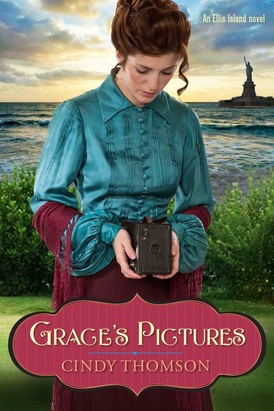





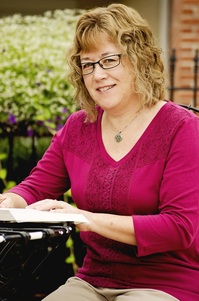



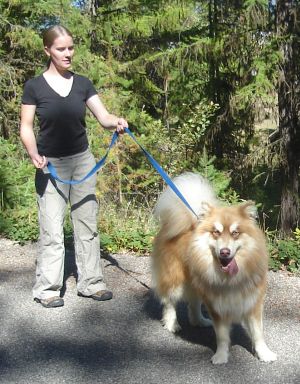



 RSS Feed
RSS Feed


